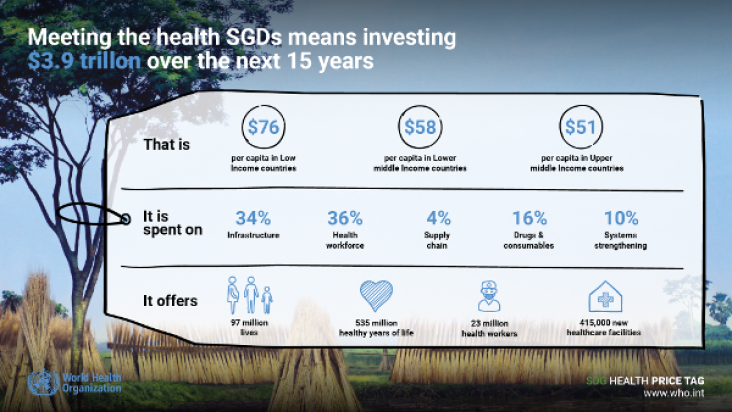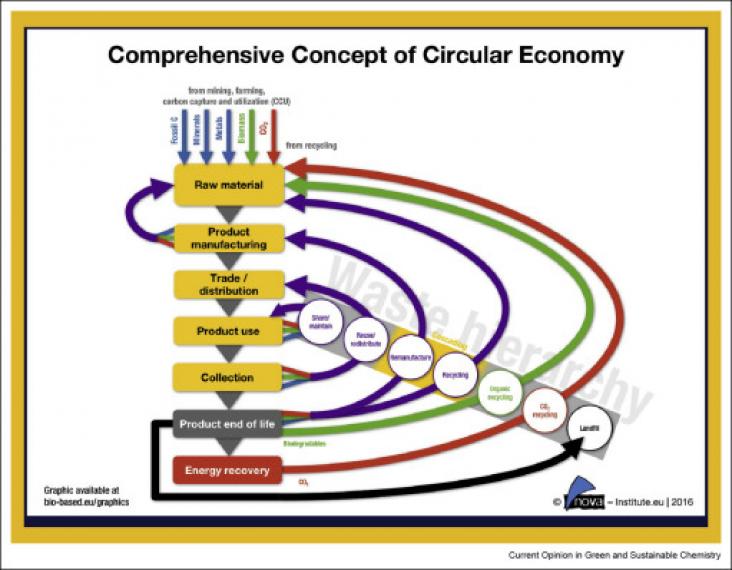This article endeavours to contribute to the growing body of scholarship on SDG linkages by placing at the centre of its focus SDG 14 on the “conservation and sustainable use of the oceans, seas and m
This article analyses the interplay between inter-State obligations to increase scientific knowledge, develop research capacity and transfer marine technology in accordance with Sustainable Developmen
Achieving the United Nations’ 17 Sustainable Development Goals (SDGs) results in many ecological, social, and economic consequences that are inter-related.
The SDGs are all connected. Success in one goal often relies on success in another. The science supporting the SDGs needs to reflect these connections, which is what the Perspectives Project aims to achieve: enabling collaboration between experts from all over the world. The project addresses a core question: how is the SDG agenda influencing scholarly debates in different research areas, and vice-versa? The reviews will cover the breadth of the SDGs and will be published as part of three special issues in three key journals.
As a key issue in recent international climate summits, the Green Climate Fund (GCF) is confronted with the problem of insufficient financing.
This book chapter addresses goals 15 and 17 by providing an overview of educational programming used across cheetah conservation organizations, including considerations for designing, implementing, and evaluating such programs for success.
Ecological infrastructure (EI) refers to ecosystems that deliver services to society, functioning as a nature-based equivalent of, or complement to, built infrastructure.

The Blueprint for Business Leadership on the SDGs aims to inspire all business to take leading action in support of the achievement of all Sustainable Development Goals (SDGs).

Background The ambitious development agenda of the Sustainable Development Goals (SDGs) requires substantial investments across several sectors, including for SDG 3 (healthy lives and wellbeing).

